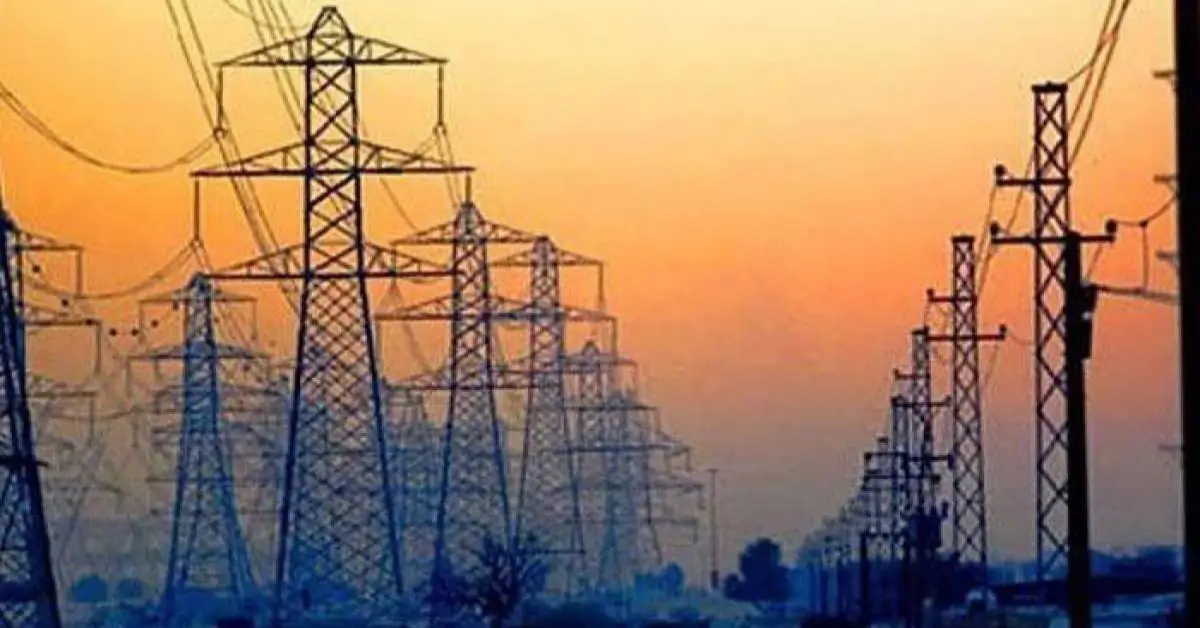Pakistan Rs220 Billion CPEC Power Project Interest
The government of Pakistan has informed the International Monetary Fund (IMF) that it will not pay Pakistan Rs220 billion CPEC Power Project Interest on delayed payments owed to Chinese power producers under the China-Pakistan Economic Corridor (CPEC) energy projects. Instead, Pakistan plans to request a formal waiver from Beijing to avoid adding further pressure on the already burdened power sector.
Government Refuses to Recognize Rs220 Billion Interest on CPEC Power Projects
During the recent round of talks with the IMF, Pakistan’s Energy Division made it clear that it only acknowledges Rs250 billion as principal dues to Chinese power producers. The Rs220 billion marked as interest for late payments is not being recognized by the government and is now a point of contention.
This disputed interest is a part of Pakistan’s total power sector circular debt, which has now reached Rs1.7 trillion. Despite this, Pakistan hopes that China will agree to waive the interest charges in view of the broader economic partnership and the challenges Pakistan is facing.
China’s Push for Payment Discipline
China has responded by urging Pakistan to create a special ‘circular account’ that ensures timely payments to CPEC energy companies. This was one of the key expectations discussed in recent meetings between the two sides.
In the Joint Cooperation Committee (JCC) meeting, both China and Pakistan agreed on a few critical principles:
- Tariffs on CPEC energy projects will remain stable.
- Any disputes will be resolved through mutual consultation.
- No unilateral decisions will be made by either country.
These agreements underline the importance of strong cooperation between both nations, especially in the energy sector.
Pakistan’s Port Qasim Enters World Bank Top Rankings, Marking Milestone in Global Shipping and Trade
IMF Raises Concerns Over Power Sector Woes
The IMF, currently in talks with Pakistan over future financing, raised serious concerns about the health of the power sector. Key issues included:
- A decline in domestic power demand.
- The increasing circular debt despite government efforts.
- The economic damage caused by the recent floods.
While the IMF appreciated Pakistan’s attempt to bring down the power sector’s circular debt from Rs2.42 trillion to Rs1.6 trillion, it stopped short of calling this an established improvement. The IMF remains cautious, likely because the underlying issues causing the debt still persist.
More Circular Debt Expected in Fiscal Year 2025-26
Looking ahead, the Energy Division has warned that circular debt could rise by another Rs500 billion in the fiscal year 2025-26 if immediate action isn’t taken. To manage this increase, the government expects to allocate Rs540 billion in subsidies from the Finance Ministry.
It’s important to note that in the last fiscal year, the actual increase in circular debt was only Rs45 billion—much lower than the projected Rs340 billion. However, the fear remains that this positive trend may not continue, especially with mounting financial obligations and slow reforms.
Gas Sector Left Unaddressed Amid LNG Supply Disruptions
While attention is focused on the power sector, the gas sector is in even worse shape. Its circular debt has reached a staggering Rs2.6 trillion, yet no funds have been allocated in the current budget to address this issue.
A major reason behind this problem is the reduced consumption of gas by LNG-based power plants, which are running below capacity. This has created supply disruptions and further worsened the financial situation. However, there is a silver lining: Qatar has shown willingness to renegotiate the terms of its long-term LNG supply agreement, which may ease pressure on the gas sector if handled wisely.
LESCO Sets New Record With 1,630 MW Solar Energy Output in Lahore Region

